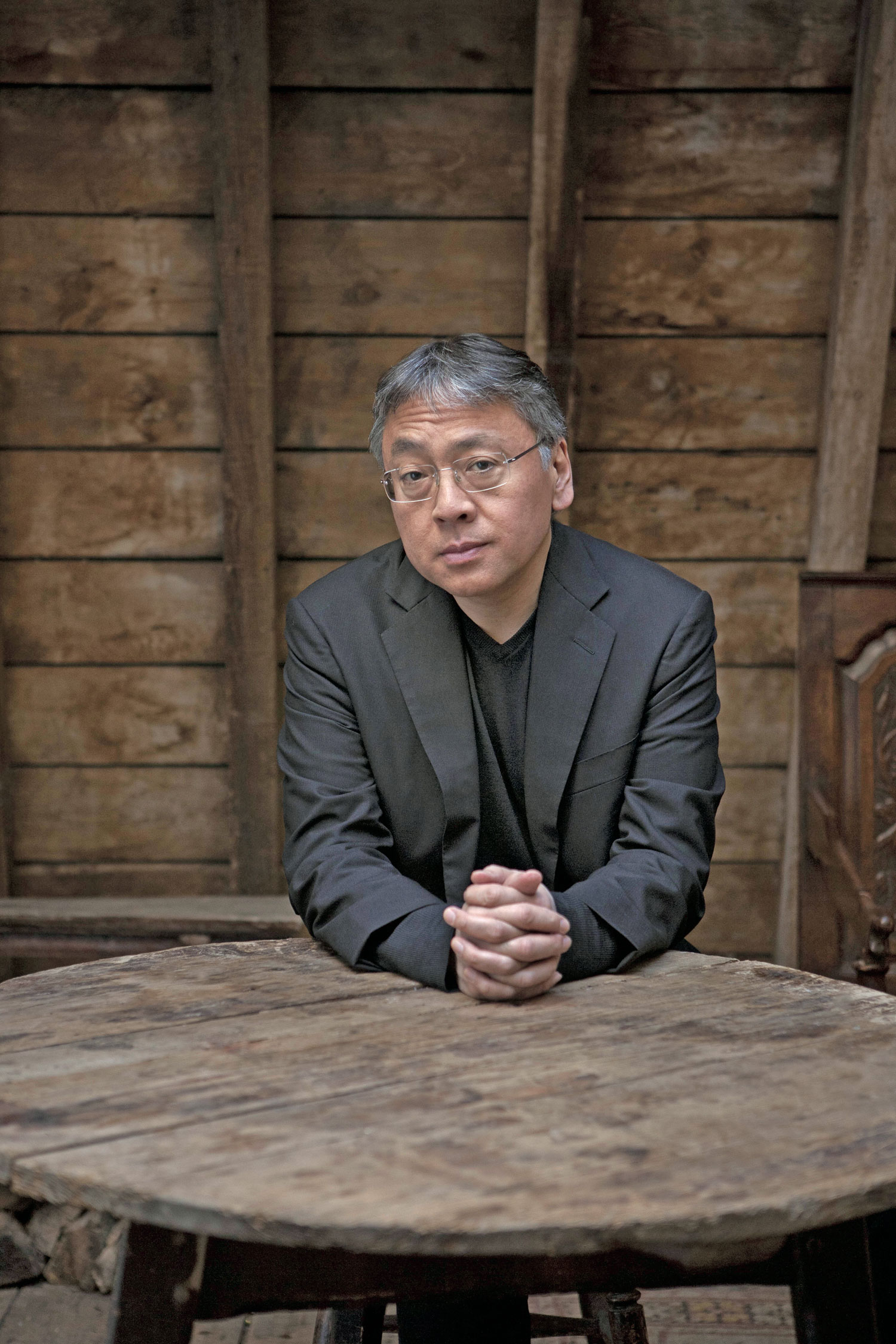Kazuo Ishiguro

Call him Ish. Kazuo Ishiguro, the Booker award-winning author of Never Let Me Go, The Remains of the Day, and my favorite, When We Were Orphans, happily has a nickname that works in gray scale, fitting our fuzzy modern appetite for equivocation. Characters in his novels are always fighting with their memory, rewriting it, running over lacunae, or struggling to describe it precisely—it was like this… ish. But Ishiguro’s themes, like his deceptively simple prose, are polished to an elegant ideal, the platonic form of the idea, smooth as river stones. In his newest novel, Buried Giant (Knopf), these Ishiguroan elements settle into an allegorical, almost mythological setting. It is England in the fifth century and there are dragons, pixies, and a knight of the round table. The Britons and Saxons are in an uneasy peace, and a strange creeping forgetfulness spreads across the land when an elderly couple sets out on a quest to find their son. As they make their way, Ishiguro’s favorite themes become more and more pronounced until, in the end, we must reckon with the morality of memory—for a nation, for a person—and the notion that love, or anything, can make a life worth living.






